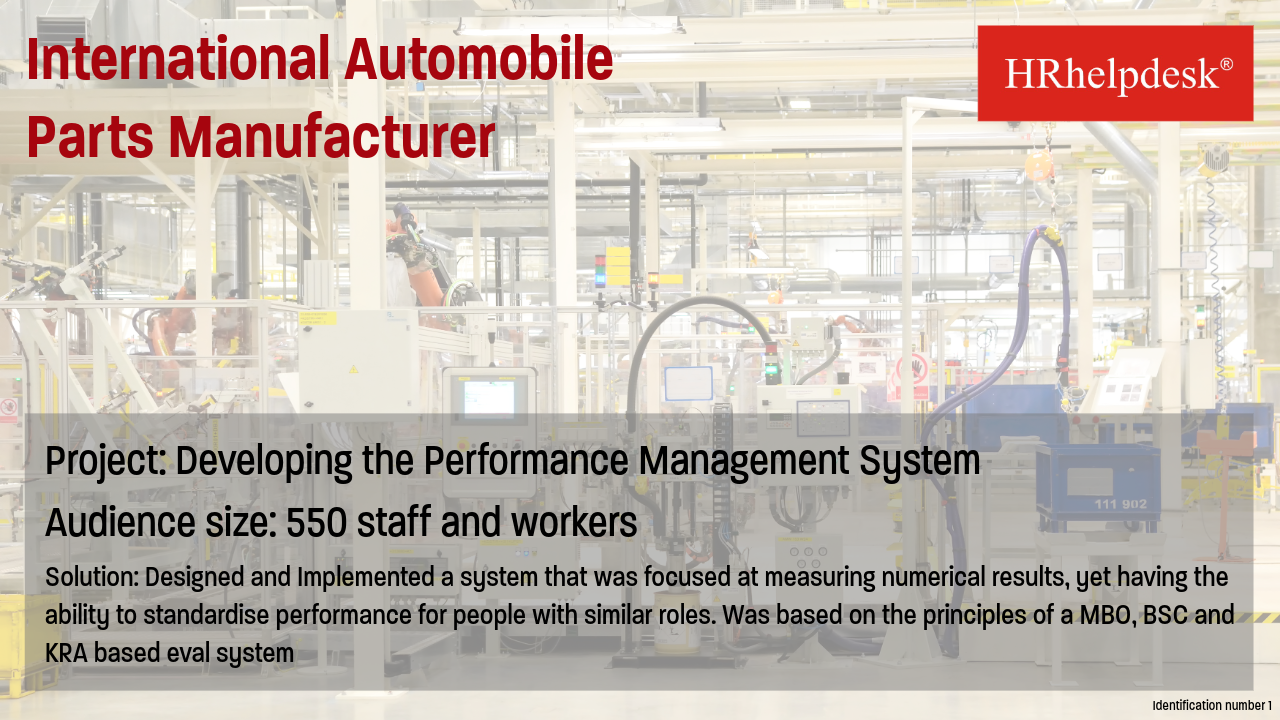A Visionary Leader’s Challenge in a High-Performance Industry
As the Managing Director of one of India’s most innovative and globally recognized automobile parts companies, I am constantly navigating the fast lane of product innovation, operational excellence, and market leadership. Our organization has earned prestigious industry awards and has been invited to present on international platforms—testament to the cutting-edge work we do. Yet, amidst this success, I faced a persistent internal challenge: our performance management system was not keeping pace with our growth. With over 550 employees across diverse roles, we lacked a unified framework to measure performance objectively and consistently. The absence of quantifiable metrics and standardized evaluations was impacting morale, productivity, and strategic alignment. I needed a solution that could match our ambition and complexity—something that would elevate our people practices to the same level as our engineering excellence.
Strategic Partnership with HRhelpdesk: A Game-Changer for Performance Culture
That’s when I turned to HRhelpdesk. Their team brought not just expertise, but strategic clarity. They designed and implemented a performance management system tailored to our operational realities—built on the principles of Management by Objectives (MBO), Balanced Scorecard (BSC), and Key Result Areas (KRA). This hybrid framework allowed us to measure numerical results with precision while standardizing evaluations across similar roles. HRhelpdesk worked closely with our senior leadership, facilitating workshops to co-create KPIs that aligned with our business goals. The system was intuitive, digital, and scalable—empowering managers with real-time insights and enabling data-driven decisions. The transformation was immediate: improved transparency, stronger accountability, and a culture of meritocracy. Today, our teams operate with clarity and purpose, and our performance culture reflects the same innovation and excellence that defines our brand. HRhelpdesk didn’t just solve a problem—they helped us build a strategic advantage.

